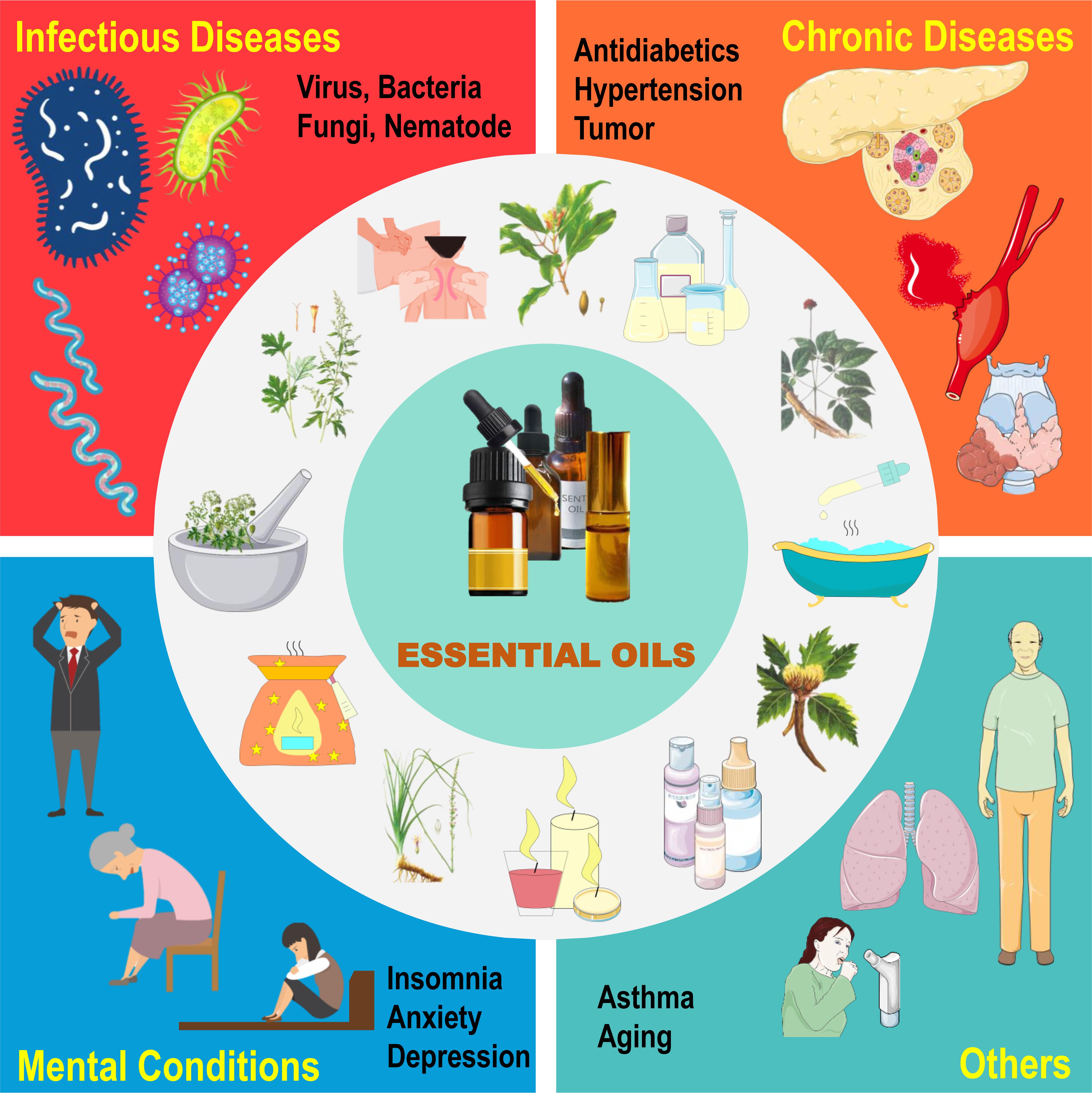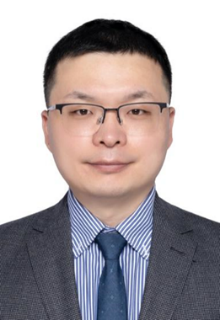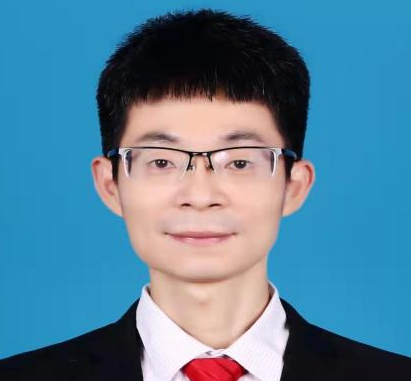Keywords: Essential oils; Systems biology; Traditional medicine; Molecular mechanisms Essential oils (EOs) are natural products with bioactive functions that are obtained from many plant species, e.g., Lavandula angustifolia, and plant parts e.g., flower and leaf, through extraction methods such as hydro-distillation, steam distillation, cold pressing, etc. Such techniques can be dated back to ancient Egyptian and Greek times. EOs represent an important part of traditional medicine and have practical applications in the treatment of human infectious diseases and mental disorders. Although many EOs are effective in disease treatment, the specific pharmacological mechanisms underlying their effects remain unclear due to their complex compositions. Previous studies have attempted to apply pharmaceutical analysis techniques such as HPLC and MALDI-TOF mass spectrometry to elucidate the compositions of EOs. Although these methods are effective at identifying the components of EOs, they provide limited information regarding the mechanisms of the bioactive functions of EOs. In recent years, both molecular biology and computational analyses have emerged as convenient and appropriate approaches for studying the molecular mechanisms of traditional medicines. Due to its multi-compound, multi-target, multi-pathway and multi-disease mode of action, systems biology technology hold the potential for thoroughly understanding the pharmacological effects of EOs in the context of any specific disease. In this special issue, we encourage authors to submit their studies on the functions of EOs in disease treatment via systems biology methods involving both computational and experimental techniques. The special issue will contribute to a better understanding of the molecular mechanisms responsible for the functions of EOs in disease treatment.
Review Article

|
Biological, Functional and Network Pharmacological Exploration of Essential Oils in Treatment and Healthcare of Human Diseases
Yudong Zhang, Jiawei Tang, Qinghua Liu, Jinming Ge, Zhangwen Ma, Jingyi Mou, Liang Wang
Published online: December 28, 2022
doi:10.14218/FIM.2022.00038
|
|
|

|
Guest Editor-in-Chief
Liang Wang
|
Read More
|
|
Principal Investigator, Laboratory Medicine, Guangdong Provincial People’s Hospital, Guangdong Academy of Medical Sciences, China
Dr. Liang Wang leads a research team as a principal investigator at the Department of Laboratory Medicine, Guangdong Provincial People’s Hospital (Guangdong Academy of Medical Sciences), the largest comprehensive hospital in Guangdong Province, China. Prof. Wang graduated from Xiang-Ya School of Medicine, Central South University, and then was awarded a PhD from the University of Western Australia. During his PhD study in Australia, he was awarded a fellowship from the Commonwealth Scientific and Industrial Research Organisation (CSIRO) and worked at the Center for Plant Industry in CSIRO as an internship trainee. After graduation, he trained as a postdoctoral research fellow at the Fungal Genomics Center at Concordia University (Montreal, Canada) and the School of Health Sciences at Curtin University (Perth, Australia). Prof. Wang currently serves as a PhD supervisor at the University of Queensland, Australia. Over the past 5 years, Prof. Wang has published more than 80 peer-reviewed papers, edited four books (e.g., The Science of Essential Oils, Southeast University Press, ISBN: 9787564181833), and was financially sponsored by more than 10 grants including two awarded by the National Natural Science Foundation of China (NSFC). He is on the editorial boards of Immunity, Inflammation and Disease, iMeta, Future Integrative Medicine, and Translational Metabolic Syndrome Research. He also serves as an associate editor for Frontiers in Microbiology, a guest associate editor for Frontiers in Genetics, and as a review editor for Communications Biology, Carbohydrate Polymers, and PLoS Neglected Tropical Diseases, among other journals. His research involves experimental and computational biology. Prof. Wang is the recipient of the Australia-China Helicobacter Research Fellowship (2019) awarded by the Australia-China Council and Nobel Prize Laureate Professor Barry Marshall.
|

|
Co-Guest Editor
Yin-Yin Wang
|
Read More
|
|
Associate Professor, School of Traditional Chinese Pharmacy, China Pharmaceutical University
Dr. Yin-Yin Wang is an associate professor of the State Key Laboratory of Natural Medicines, Jiangsu Key Laboratory of TCM Evaluation and Translational Research, School of Traditional Chinese Pharmacy, China Pharmaceutical University, Nanjing 211198, China. Yin-Yin Wang earned her Bachelor’s degree in the Science of Chinese Pharmacology from the Nanjing University of Chinese Medicine in 2014. Then, she received her Master’s degree from the East China University of Science and Technology in 2017. After that, she studied bioinformatics at the University of Helsinki for 4 years and received her Ph.D. from the University of Helsinki in December 2021. Yin-Yin Wang has published more than 20 papers in well-known SCI journals, such as Brief Bioinform, Front Cell Dev Biol, PLoS Comput Biol, Acta Pharmacol Sin, etc. She has hosted the China Scholarship Council Fellowship and EDUFI Fellowship of the Finnish National Agency for Education and serves as a reviewer for the international journal Frontiers in Pharmacology and PLoS Computational Biology. Her research focuses on applying network medicine and artificial intelligence (AI) methods to explore the underlying mechanisms of herbal products, especially the combinations used in traditional medicine. She is also interested in precision medicine, specifically identifying novel diagnostic biomarkers and therapeutic targets by integrating multiple levels of data.
|

|
Co-Guest Editor
Xin Liu
|
Read More
|
|
Associate Professor, Department of Intelligent Medical Engineering, School of Medical Informatics and Engineering, Xuzhou Medical University, Xuzhou, Jiangsu Province, China
Dr. Xin Liu received her PhD degree and master’s degree in computer science and technology from China University of Mining and Technology in 2016 and 2006, respectively. She is a visiting scholar at the University of North Carolina at Chapel Hill, USA and a postdoctoral fellow at Xuzhou Medical University. She is an associate professor and works at the Department of Intelligent Medical Engineering, School of Medical Informatics and Engineering, Xuzhou Medical University. She has published more than 10 articles and participated in writing five textbooks. Her research interests are protein representation learning, machine learning, computational biology, protein–protein interaction prediction, protein post-translational modification prediction, network pharmacology, and drug target prediction.
|

|
Co-Guest Editor
Yu-Dong Zhang
|
Read More
|
|
Lecturer, The First School of Clinical Medicine, Xuzhou Medical University, Xuzhou, Jiangsu Province, China
Yu-Dong Zhang graduated from the School of Public Health, Xuzhou Medical University, majoring in preventive medicine. Then, he received a master’s degree from the School of Public Health of Nanjing Medical University. During this period, he conducted toxicology research in the Key Laboratory of Toxicology of the Ministry of Education. He has published more than 10 academic papers, one of which was rated as one of the top 10 excellent papers of the year by the American Society of Toxicology. Another one was awarded the second prize of Excellent Natural Science Thesis by Xuzhou Science and Technology Association. He is a reviewer for the International Journal of Neuroscience. He has also received support for three scientific research projects, with research directions including clinical epidemiology, composition analysis, and mechanistic studies of traditional Chinese medicine and essential oils.
|
Important Dates
Submission open date: December 8, 2022
Submission deadline: December 31, 2023
|